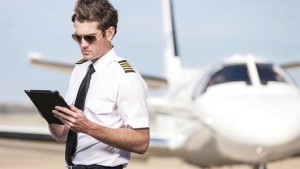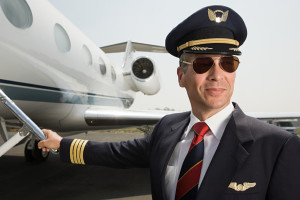 A pilot’s lifestyle is not relaxed or easygoing by any means. In fact, it is exactly the opposite: hectic, pressured, serious and taxing. Pilots lead lives that the average person could not keep up with. With an incredible amount of responsibility on their shoulders, they bounce around the world like a pinball, in and out of new cities daily. Some pilots handle the pressure gracefully, claiming that the lifestyle suits them. Others become increasingly more overwhelmed and struggle with stress management, addiction and substance abuse problems. So just how do the people who we trust with our lives at 35,000 feet function in their every day lives?
A pilot’s lifestyle is not relaxed or easygoing by any means. In fact, it is exactly the opposite: hectic, pressured, serious and taxing. Pilots lead lives that the average person could not keep up with. With an incredible amount of responsibility on their shoulders, they bounce around the world like a pinball, in and out of new cities daily. Some pilots handle the pressure gracefully, claiming that the lifestyle suits them. Others become increasingly more overwhelmed and struggle with stress management, addiction and substance abuse problems. So just how do the people who we trust with our lives at 35,000 feet function in their every day lives?
Firstly, their work demands an intense level of focus. A pilot is not a professional who can afford to be distracted. On a good day, a pilot needs to maintain diligent focus on their job in order to perform it correctly. On a bad day, the lives of everyone on board an aircraft depend on the focus and the skill level a pilot maintains. For this reason, good mental health and clarity is a necessity for a pilot to possess.
Secondly, it is amazing that pilots can stay as clear minded as they do considering the work schedules they lead. It is not uncommon for a pilot to do turn-around flights day after day. Sometimes, their flights are in such close proximity of one another that it is impossible for a pilot to get a full night’s sleep before embarking on another flight command. A great deal of attention has been placed on this problem in recent years as pilots fight for more reasonable work schedules.
And lastly, the constant movement that pilots engage in is bewildering. Typically, they will work a number of days in a row that exceeds the average work week, then have a number of days off that exceeds the average weekend. During their work days, they may be in and out of as many as 50 different cities in one work period. This type of rootlessness is dizzying, and not everyone can maintain it for a number of years.
